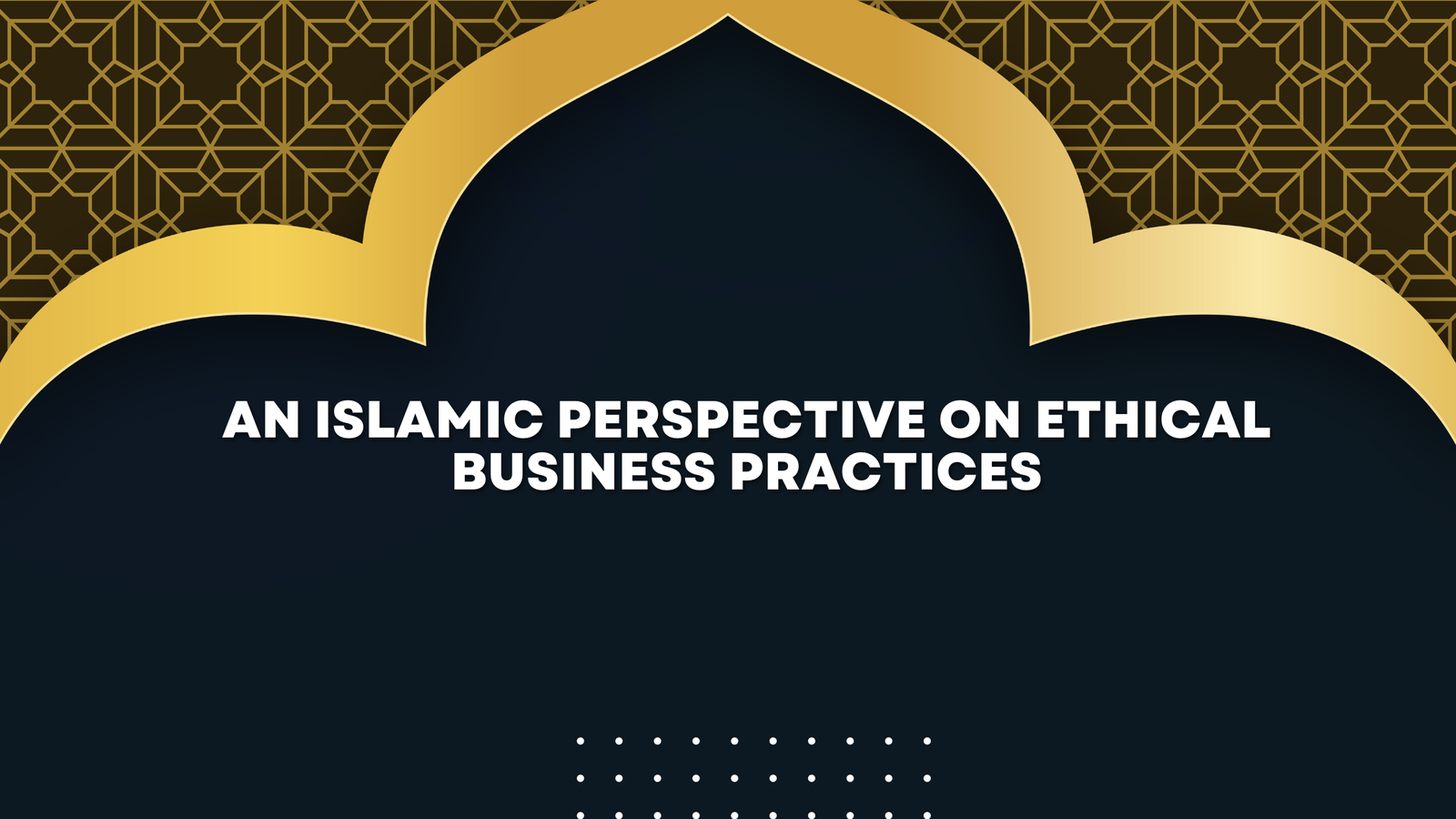Home -Business Ethics in Islam: A Guiding Framework for Ethical Trade
Business Ethics in Islam: A Guiding Framework for Ethical Trade

This is the same article that has been updated for readability with distinct headings and well-structured paragraphs:
Islamic Business Ethics: A Foundational Structure for Moral Commerce
Any successful economic system must be shaped by ethics, but in Islam, business ethics are even more important. Islamic teachings offer a thorough framework for conducting business with justice and integrity, grounded in the values of honesty, equity, and accountability.
What Are Business Ethics in Islam?
Islamic jurisprudence, the Qur’an, and the Sunnah—the sayings and deeds of the Prophet Muhammad, peace be upon him—are the sources of a set of moral principles known as business ethics. These principles guarantee that business and trade are carried out in an equitable and just way, which benefits people as well as society. The goals of Islamic business ethics are to maintain confidence, avoid exploitation, and encourage equity in all dealings.
Modern Applications of Islamic Business Ethics
1. Corporate Social Responsibility
Businesses are encouraged by Islamic business ethics to put the wellbeing of the community first. This entails supporting social causes, encouraging environmental sustainability, and performing benevolent deeds.
2. Ethical Financial Systems
By encouraging joint ventures (Musharakah) and profit-sharing (Mudarabah), Islamic finance provides alternatives to traditional banking. By avoiding interest-based transactions, these systems guarantee equity.
Workplace Integrity
Employers are expected to treat employees with dignity, provide fair wages, and ensure a safe working environment, as taught by the Prophet Muhammad (peace be upon him).
About Us
Islamic center is a community that open to anyone, not merely a mosque for worship. The Islamic Center is dedicated to upholding an Islamic identity.
